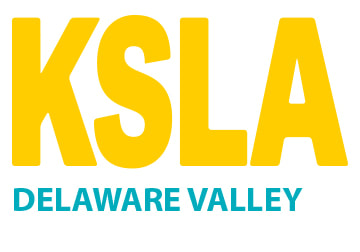|
For this week, we will explore chapter 3 which focuses on developing a question. Consider responding to one or more of the following prompts:
Chapter specific prompts:
5 Comments
Janice Ewing
2/9/2020 09:09:12 am
Hi,
Reply
Meg Norris
2/14/2020 09:48:51 am
I have really enjoyed getting to know the teachers throughout this text and following their journeys. Understanding their immersion and investigation into topics has helped me to think further about my own teaching practice. In particular, I have enjoyed reading about Shavon's inquiry process with technology as this has been something that I have been thinking about lately. While Shavon is exploring technology from the angle of enhancing lessons, my question resides with technology and engagement. Specifically, I would like to know how I can authentically engage students in meaningful conversations through online learning management systems.
Reply
Mary Buckelew
2/16/2020 09:09:38 am
Meg,
Reply
Meg Norris
2/21/2020 09:32:40 am
Hi Mary,
Reply
Carol Shiffrin
2/19/2020 07:51:11 pm
I’m truly enjoying getting to know and follow the educators in the seven scenarios in each chapter. It’s an engaging method for presenting a variety of situations in which educators find themselves and the range of ways in which they consider their issues. I’m looking forward to what happens next!
Reply
Leave a Reply. |
AuthorWrite something about yourself. No need to be fancy, just an overview. Archives
January 2021
Categories |

 RSS Feed
RSS Feed